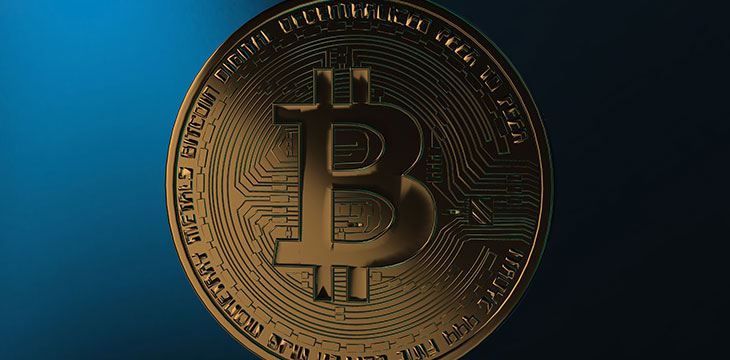|
Getting your Trinity Audio player ready...
|
A regional branch of the world’s largest Islamic organization in Indonesia has declared digital currencies “haram,” meaning they are prohibited under Islamic religious law. The group held a heated debate in which digital currency experts and religious scholars argued with a final vote going against permitting digital currencies.
For years, the debate on whether digital currencies were legal under the Islamic Sharia law has continued, with no definitive direction. A local branch of the Nahdlatul Ulama, an Islamic religious organization has finally ruled against them. The branch in the mountainous Indonesian province of East Java declared digital currencies haram during an October 24 meeting, local outlets report.
Nahdlatul Ulama is a religious organization based in Indonesia whose membership is estimated to be as high as 90 million. This makes it the largest Islamic organization in the world and thus, very influential both in Indonesia and in other Muslim countries.
According to local outlet Tempo, the organization held a discussion on digital currencies recently. The members concluded that digital currencies were against Islamic principles after listening to an expert explain how they work.
Among the factors that the members took issue with was the use of digital currencies in fraud. They also concluded that digital currencies lack any benefit from a Sharia point of view.
On the website of the East Java faction of the organization, the group wrote, “Participants of the bahtsul masail formed a view, despite crypto already being acknowledged by the government as a commodity, that it cannot be legalized under the [Islamic sharia].”
Nahdlatul Ulama is the most influential Islamic group to voice its opinion on digital currencies. However, it’s not the first time that Sharia law’s application to digital currencies is being discussed. There have been Islamic scholars that believe digital currency is haram and goes against religious ethos, and those who view it as intrinsically good, but sometimes applied in illegal dealings.
One of those in the second group is Mufti Muhammad Abu-Bakar, a former Sharia advisor for Blossom Finance. In his report, he argued that BTC be described as halal just because of its volatile and speculative nature. All currencies are speculative in nature, including those issued by central banks.
He further debunked the argument that digital currencies are used for illegal purposes and are thus haram.
“In general terms, the use of something lawful for an unlawful purpose does not make the thing itself unlawful,” he wrote.
Mufti Faraz Adam, a U.K.-based Islamic fintech consultant, holds a similar belief. In a 2019 podcast, he stated, “It’s fair, it’s just, it’s transparent, it’s atomized, it’s not monopolized. Then, I don’t see why Sharia would prohibit this system.”
The latest pronouncement by Nahdlatul Ulama comes at a time when digital currency adoption in Indonesia is soaring. According to the latest data by Coinformant, Indonesia tops global rankings for digital currency interest, with a 1,770% spike in engagement and a 600% rise in Google search volume.
Watch: CoinGeek New York panel, Investigating Criminal Activity on the Blockchain

 03-03-2026
03-03-2026 




